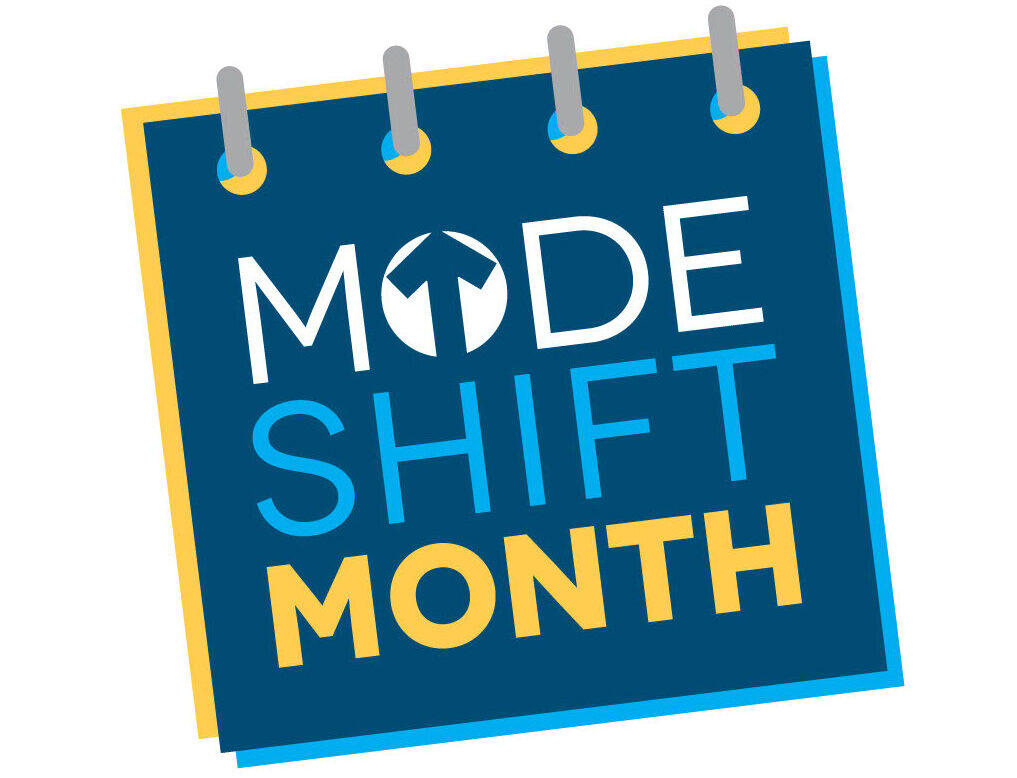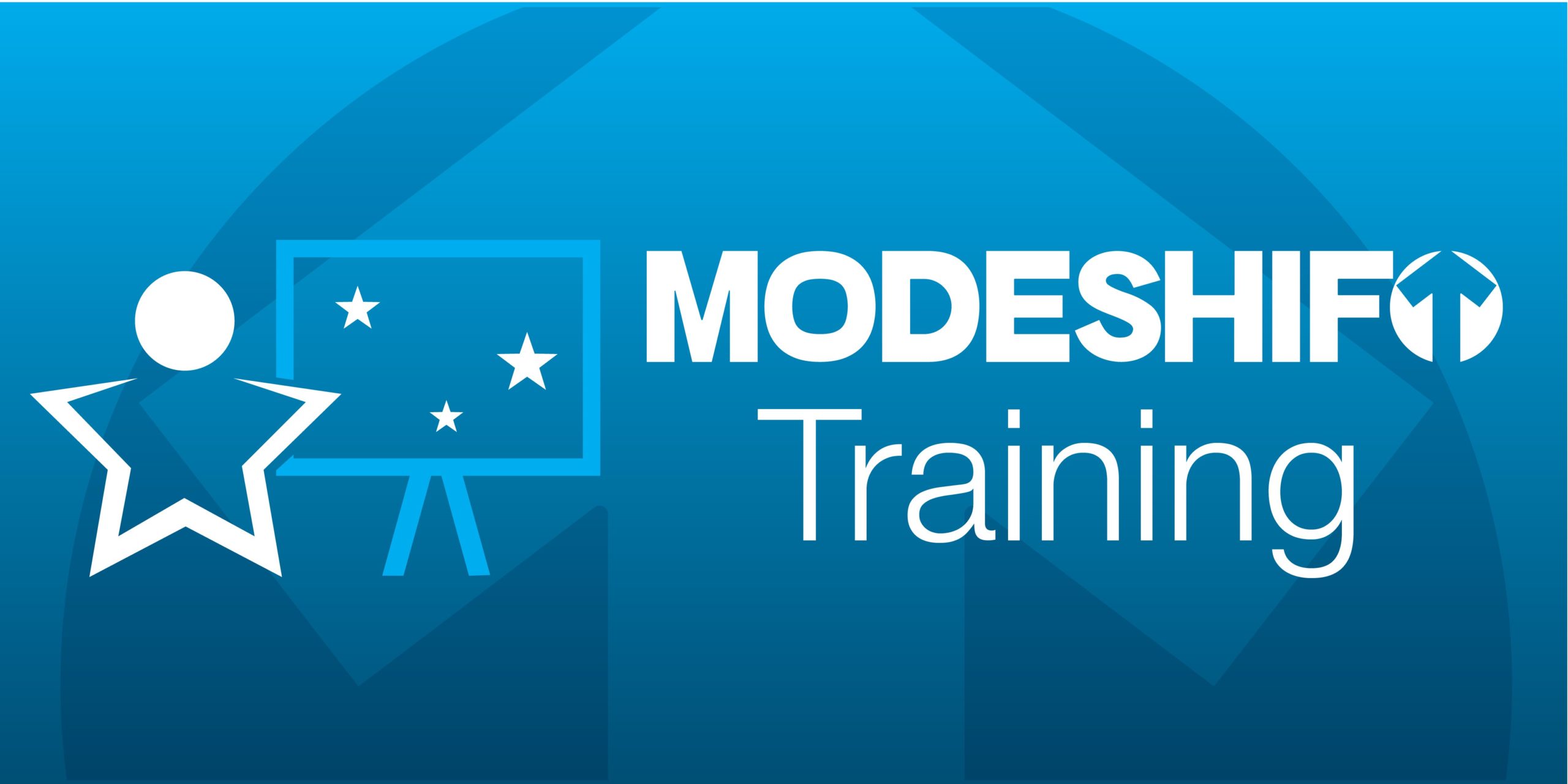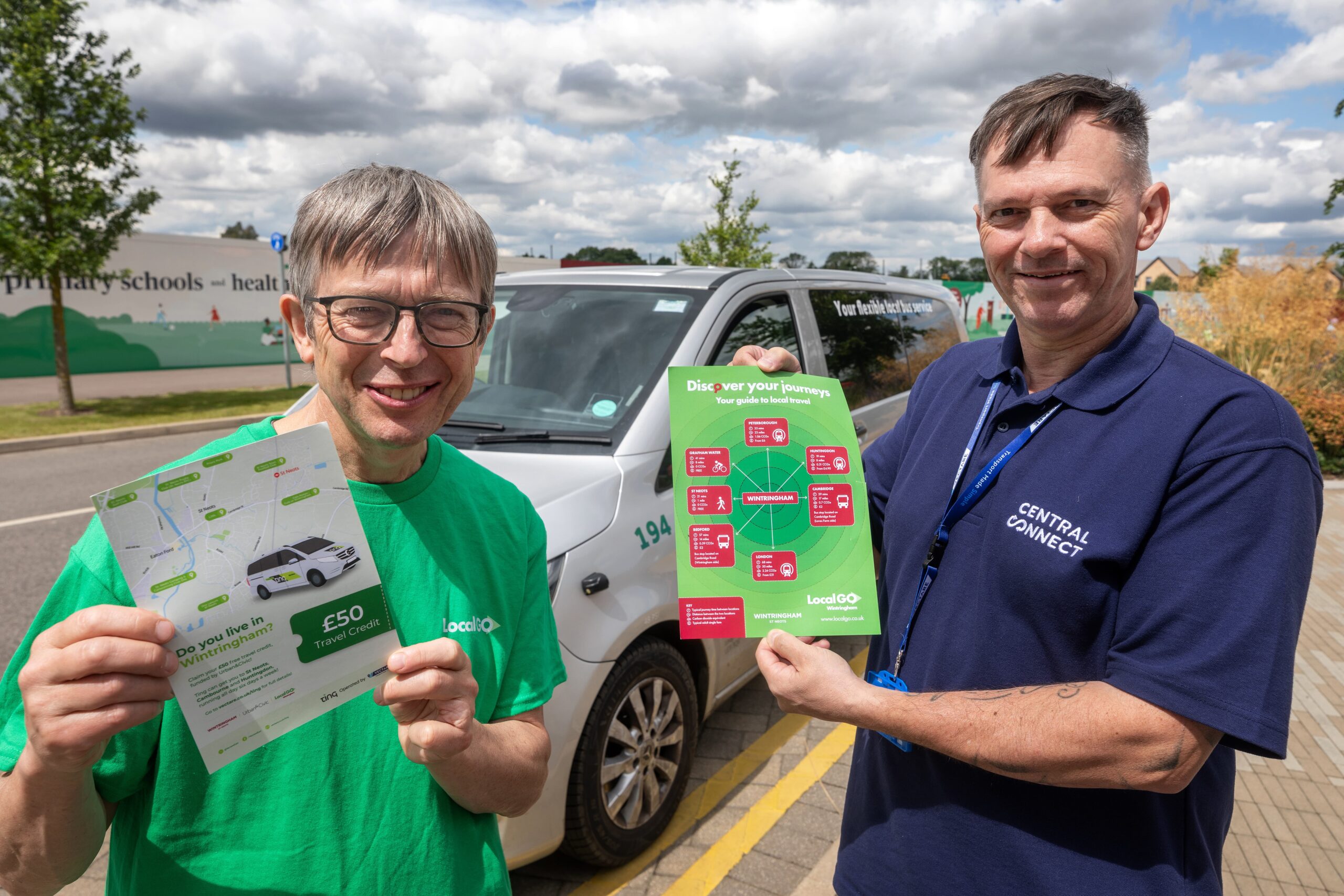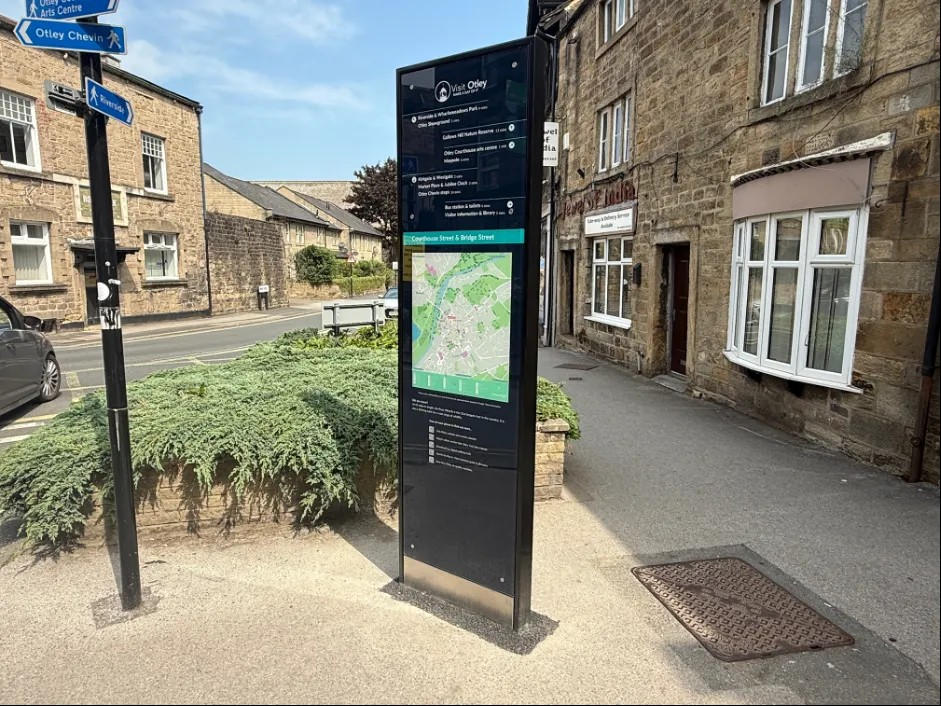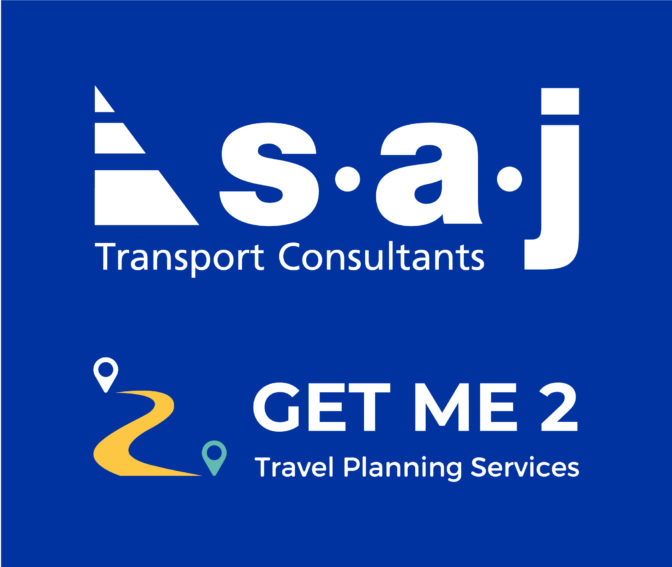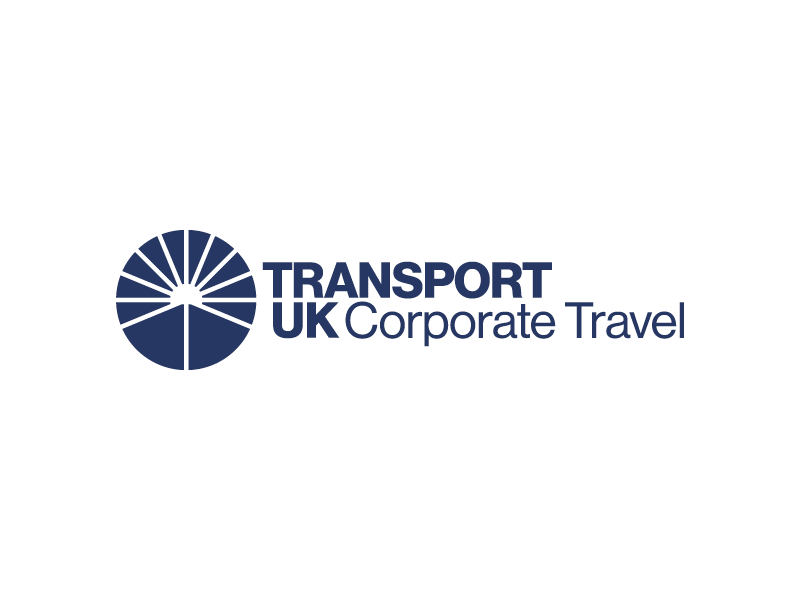Call for research support: Team Modeshift, can you help a Modeshift friend with their dissertation research question?
Friend of Modeshift, Callum Turner asks:
‘I am currently enrolled at Westminster University, studying a part-time Masters in Transport Planning and Management, while also working as a Transport Engineer at EAS Civil Engineering Consultants. Having now entered my final year of part-time study, I am required to write a research dissertation on a topic of my choice within the transport sector.
Dissertation title: A review and critical evaluation of the strengths, weaknesses and potential improvements of residential and commercial Travel Plans implemented within the UK.
My approach to attempt to answer this question is two-pronged and will rely on the use of both primary and secondary data collection. I aim to complete interviews with various officers within local authorities (both highways/transport officers and planning officers) – who are involved in the implementation and overseeing of Travel Plans across various developments; as well as employees of various transport consultancies who produce the Travel Plan documentation and, in many instances, oversee the survey and monitoring at a given development. The semi-structured interviews would ask participants to comment on their view of Travel Plans, including what the documents do well, their short fallings and places they see that improvements could be made. Thematic analysis will then be completed to identify key themes between answers offered by participants, which will then be interpreted with the aim of offering recommendation for improving the implementation and ‘maintenance’ of Travel Plans.
In terms of secondary data collection, I would seek the results of Travel Plan monitoring surveys collected by local authorities. Ideally, for a given development/site, these would be base year, third year and fifth year survey results for a variety of land uses, with particular focus being paid to residential schemes, schools, and workplaces. Data analysis on survey data will then be completed to explore to what extent implemented Travel Plans reduced reliance on travel by personal vehicle and if the implementation of a Travel Plan increases active travel modes to and from a development. Depending on the amount of survey data received from local authorities, differing land uses could be analysed to explore if school Travel Plans lead to a greater increase in active/sustainable travel, when compared to a residential development, for example.
The results of the survey data will then be compared with key themes discussed within the completed interviews to see if there are any trends between both data sets. From here, recommendations can be offered on how to improve Travel Plans, as well as identifying what currently works wells and should be encouraged moving forward. This research should therefore be useful to local authorities as it aims at improving the effectiveness of Travel Plans, which will have the effect of decreasing car dependency and improving health of residents as they place more ownness on active travel modes.’
Can you help?
Please contact Callum directly if you’re able to help. Callum can be contacted at: [email protected] and 01920 871777




